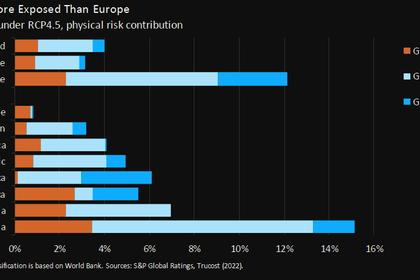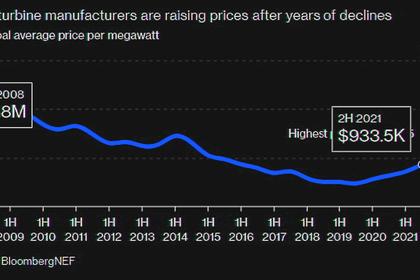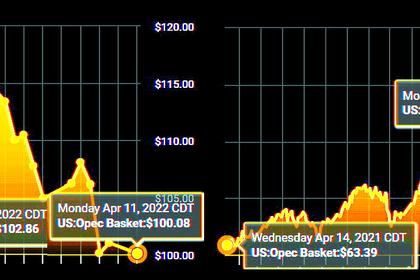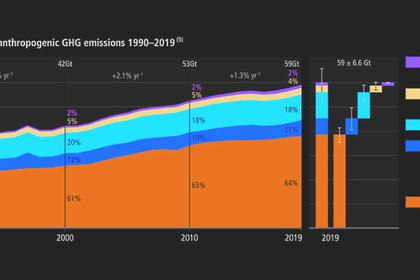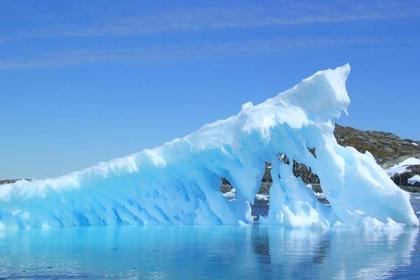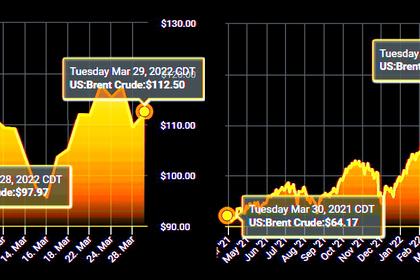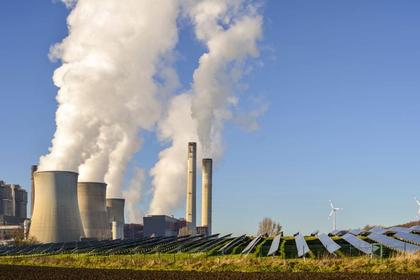
GLOBAL ENERGY, CLIMATE CRISIS
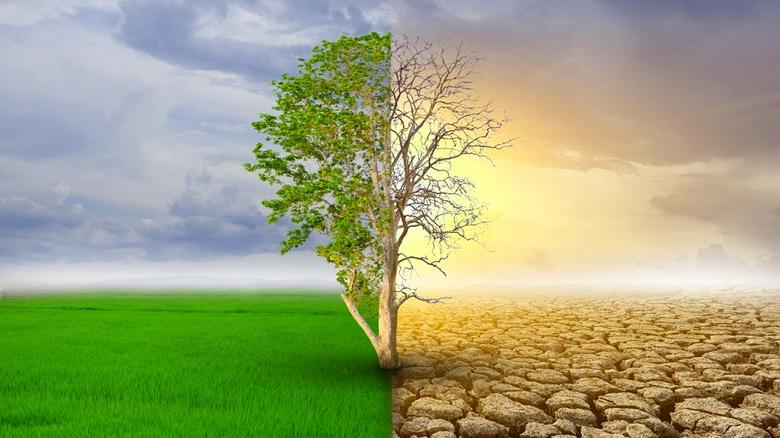
IAEA - MAY 6 2022 - World-renowned energy economist and Executive Director of the International Energy Agency Fatih Birol is no stranger to nuclear power: He has spoken out in favour of all low emissions options, including nuclear energy, in the fight against climate change. He was on the Time 100 list of the world’s most influential people last year and is the Chair of the World Economic Forum Energy Advisory Board. Today in Vienna, at the invitation of IAEA Director General Rafael Mariano Grossi, he delivered a lecture to representatives of IAEA Member States entitled ‘Global energy crisis: implications for energy markets and climate’.
We spoke with Executive Director Birol after the hour-long briefing, in which representatives from over 70 countries took place and many asked questions.
At the briefing, you spoke about a concurrent energy crisis and climate crisis. What role do you see for nuclear power in tackling these?
We are seeing today an energy crisis, along with a humanitarian crisis and a climate crisis. They are all interlinked. I believe we are in fact in the first global energy crisis, and this is affecting the oil markets, gas markets, electricity markets and coal markets. The world has never seen such an energy crisis. It’s a new energy world with new realities – we are at a turning point for global energy.
I believe that nuclear power can play a role in the countries where it is accepted to address both energy security and climate. To do that, we have to make sure that the nuclear industry delivers on time and on cost, and the safe operation of nuclear power plants is also of crucial importance.
The 1970s’ oil crisis brought economic and social pain, but it also brought innovation – both in increased energy efficiency and a growth in the use of other sources of energy, including nuclear. Over 40% of today’s nuclear power plants were built in response to the oil crisis.
The world today has highly competitive energy options to help us overcome the energy crisis: solar, wind, electric cars – as well as nuclear power.
You have said that many countries are “re-appreciating” nuclear energy. Why is that and why is it happening now?
Several countries, both advanced economies and developing economies, are considering nuclear. Many countries that had taken nuclear out of their energy options are giving it a second thought. The reason is that they understand that nuclear – if it is operated in a safe manner – can provide support for electricity security and energy security for their countries. Also, nuclear can be one of the options for the energy sector to reduce greenhouse gas emissions, which can help countries reach targets that they have announced. Many governments therefore see nuclear as one of the options – not the only option, but certainly one of the options.
Solar and wind are becoming very cheap, but one of the cheapest sources of electricity in the world is the lifetime extension of existing nuclear power plants.
If, on the other hand, the very justified energy security worries of many countries are met by increased burning of coal, then climate change goals will be out of reach.
In several countries, particularly in the West, a key issue with nuclear power is public opinion. What can organizations like the IEA and the IAEA do to influence attitudes and help ensure that there is an objective view of nuclear?
We are not an organization that is either pro or anti-nuclear. We are an organization that is pro-energy security and pro the fight against climate change. We are putting facts on the table. And facts show that in the absence of nuclear power it will be much more difficult and costly to reach international climate targets. Another fact we tell governments is that the lifetime extension of existing nuclear power plants is one of the cheapest sources of clean electricity. These are the facts that governments have to tell citizens to change opinions and overcome some of the taboos.
There is a change in perception of nuclear power already. People realize that energy security and tackling climate change are important. If we use a lot of renewables and there is a cold winter day with little wind, then we will need other sources of clean electricity like nuclear. Public support and government support is in fact growing – now the nuclear industry has to deliver on cost and on time.
-----
Earlier:
